Sustainability, Water and Territory : Regional Strategies for the Challenges of the 21st Century
Sending papers-extended abstracts
The summary of the extended abstract or full communications must be in the possession of the organizing committee, for evaluation purposes, June 14, 2024. Authors will be informed of their acceptance before July 1, 2024.
IMPORTANT: remember that to send and manage your extended abstract you must have registered previously.
In addition, please, co-authors must also register. They can do it here
The person in charge of the work must indicate, through his private area, the name and e-mail of all the authors of the paper, which should be the same written in the submitted file. It is imperative that co-authors register as well, otherwise they will not appear in the program. If the person in charge has correctly added the names and e-mail addresses of the co-authors, the paper will appear simultaneously in the private area of all the authors registered.
The authors will have 15-20 minutes to make the presentation of their communication, followed by 5-10 minutes of comments and discussion among the attendees.
Rules for sending the abstract and paper
In order to homogenize the submission of the abstracts and communications, you must use the attached templates:
Paper Model (p): paper of maximum 25 pages with territorial, regional dimension.
Expanded Abstract Model (aa):In order for the Scientific Committee to consider the acceptance of said works, it will be necessary to send an extended abstract, with a minimum length of 1,500 words and with a territorial, regional dimension.
Abstract Model Workshop Young Researcher Program (aj): in order to help new researchers at the beginning of their career, a workshop is proposed to be held on Young Researcher’s session. The abstract should be sent with the title of the idea and a brief explanation. The objective is to give new researchers the opportunity to present their idea of research. It is not necessary to present results but to specify and motivate your research question, objectives and as far as possible specify your work plan, methodology and possible databases to face your analysis. To facilitate this presentation, the preparation of a poster is recommended as a format.
Abstract Model Transfer of Knowledge-Practitioners (ap): knowledge transfer sessions between universities and research centers, and companies, associations, and the public sector, are aimed at discussing and exchanging the knowledge, experiences and needs among these agents. These sessions dispense with conventional academic format, the intention is to change to a fresh, agile and direct format that allows listening, debating, creating relationships and solving specific challenges or global challenges for society, companies and academia. The organizing committee encourages the presentation of communications by any of these actors for discussion at the congress. The initial format is a summary of the communication, and in its final format can be an extended summary, an article or a PowerPoint presentation or other similar formats.
The templates should be completed as follows:
- Extended abstracts or papers must use the templates linked above and upload them to the platform in pdf format and a maximum size of 2 MB.
- The headings will be numbered correlatively in bold.
- The tables and graphs will be numbered correlatively and will be inserted in the text, after being the first citation.
- Main text: Times New Roman, 12 cpi.
- Interlinear spacing: 1.5 lines.
- Paragraph format: front and back spacing 6 cpi.
- Numbering of pages: all pages, except the first one, must have a lower center number.
- The bibliography will follow the format indicated below:
World Bank (2002): Cities on the Move: a World Bank Urban Transport Strategy Review, World Bank, Washington DC.
Becattini, G. (2002): “Del distrito industrial marshalliano a la ‘teoría del distrito’ contemporánea. Una breve reconstrucción crítica”, Investigaciones Regionales, nº1, p.9-32.
